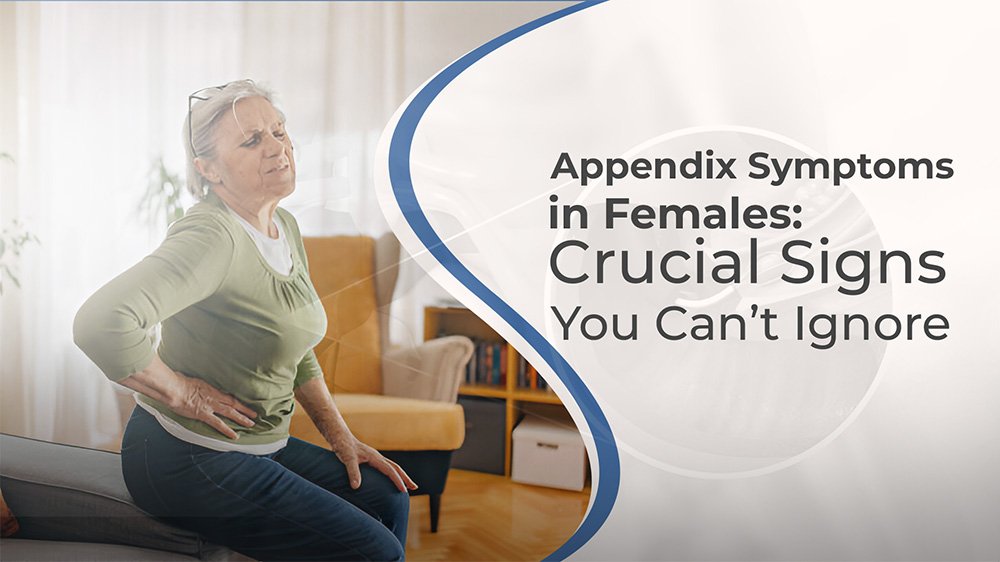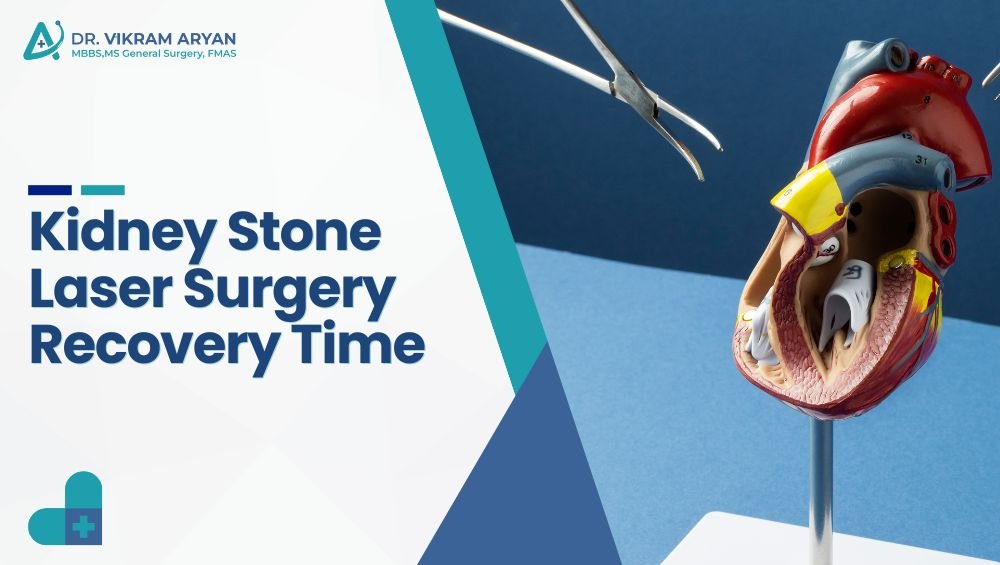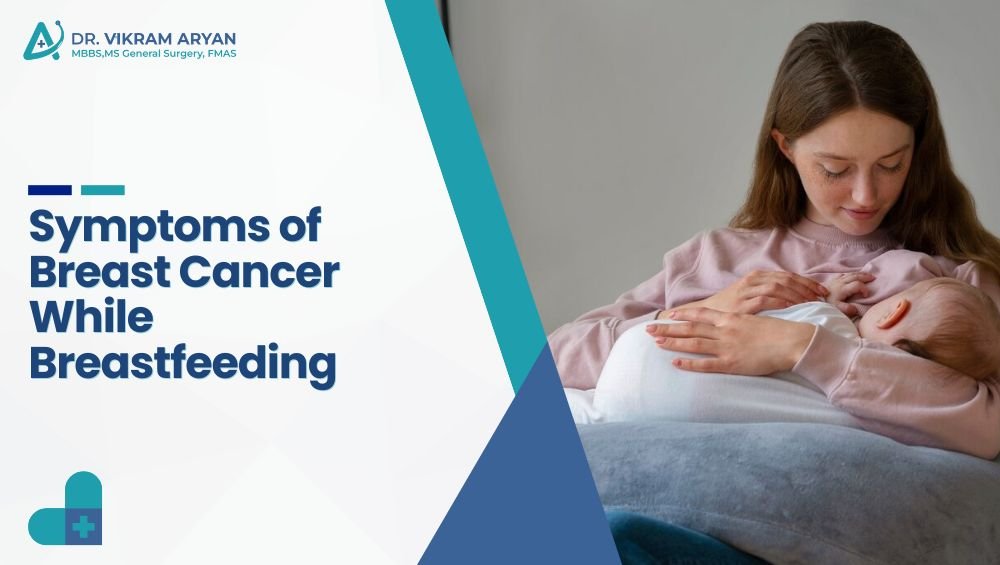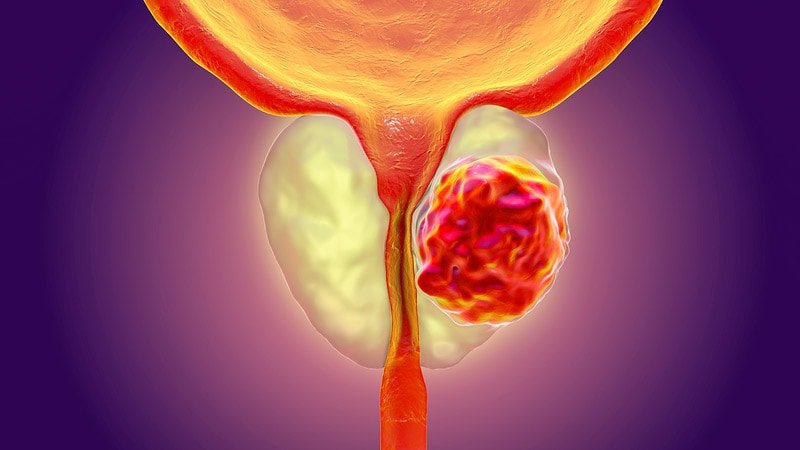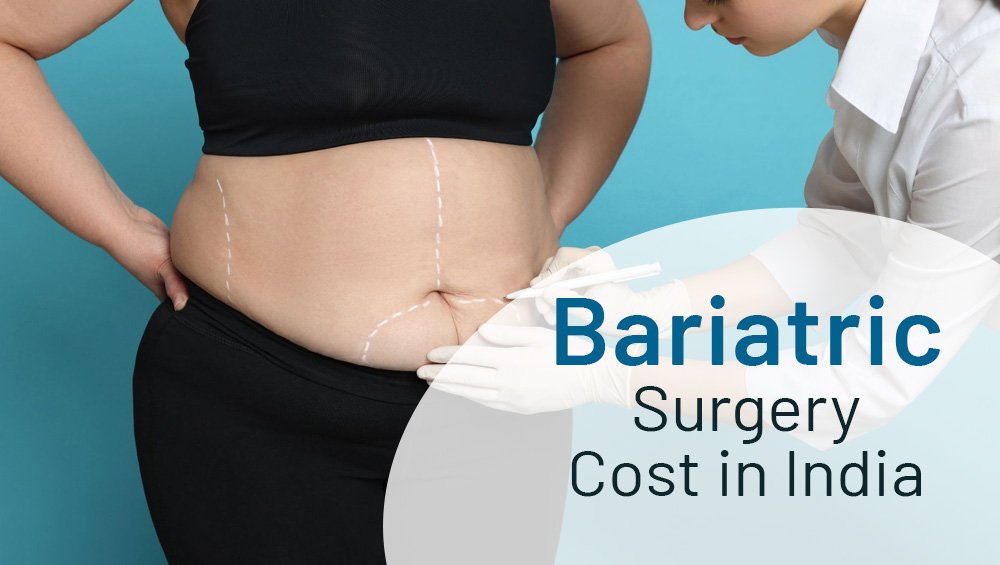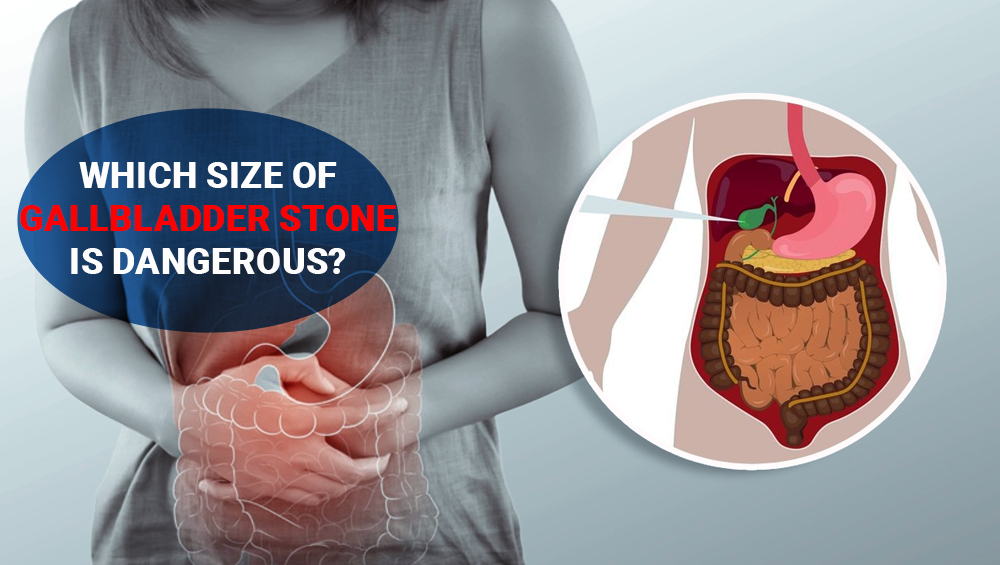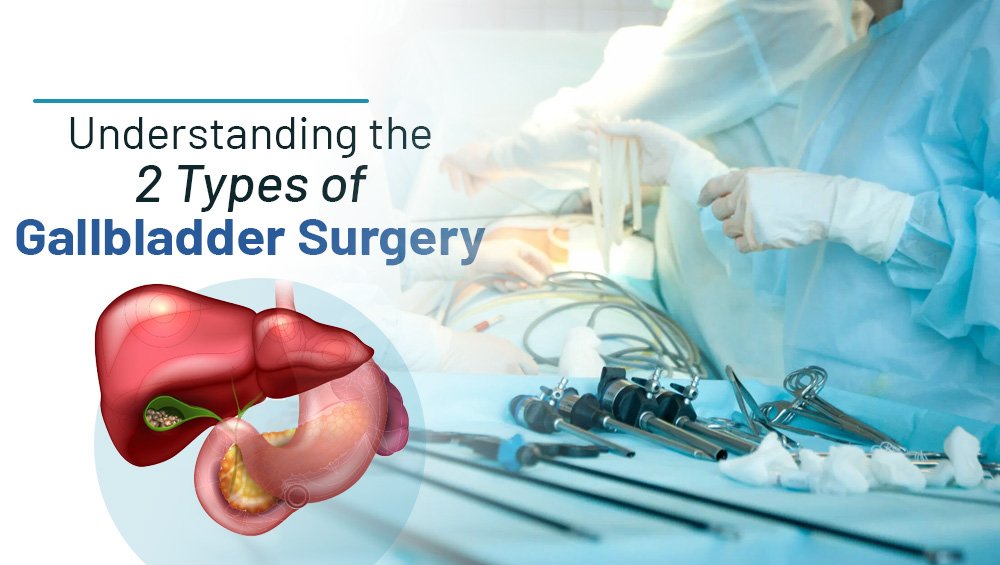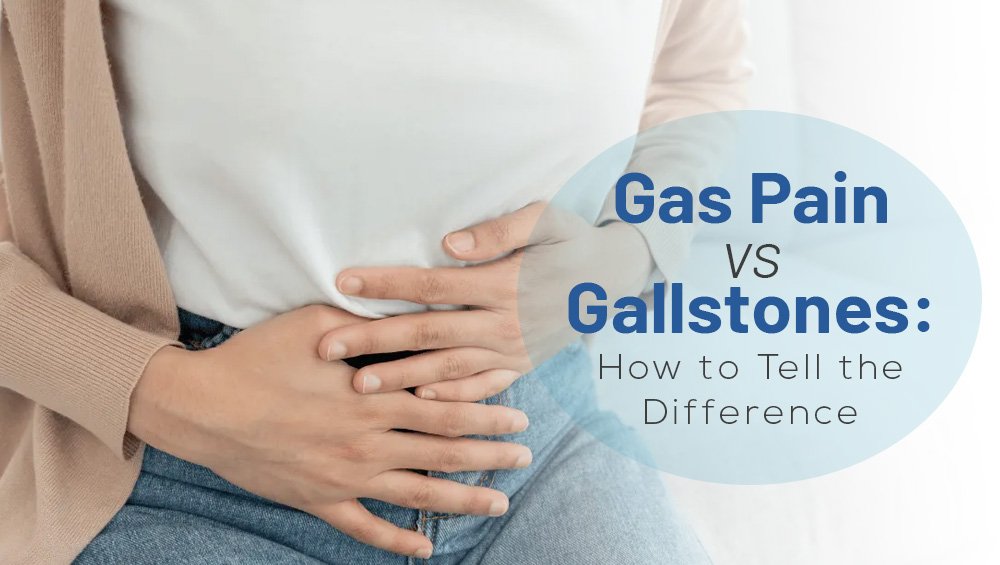Usually, Pain location of appendix, starts near belly button, moves to lower right side. Maybe you ignore it, thinking it's gas or a bad period cramp. But here's the thing. Appendix symptoms in female often get confused with other issues. That's what makes it risky.
Women are more likely to misread it because the pain feels similar to menstrual cramps, ovarian cysts, or even a urinary infection. Ignoring it can lead to trouble. A burst appendix isn't something you can wait out. It needs quick treatment. And sometimes, urgent surgery.
What Is Appendicitis?
Appendicitis is a condition where the appendix, is a tiny pouch like organ connected to the large intestine, when this is swelled it is termed as appendicitis. Failure to treat it in a timely manner could result in a ruptured appendix, a serious abdominal infection known as peritonitis, or a host of other damaging health concerns.
While appendicitis can occur in any person, Women often find it most difficult to identify the symptoms of appendicitis. This is complicated by the overlap of symptoms with other gynecological conditions.
Within the mask of pain, which is familiar to menstrual cycles, cramps, or infections of the urinary bladder, lies a more serious underlying issue.
Common Symptoms of Appendicitis
Appendix symptoms in female can start with abdominal pain. This makes early diagnosis difficult. Typical symptoms include
- Abdominal pain: The pain usually starts near the navel, and then moves to the lower right abdominal area. The localized pain may worsen with time.
- Vomiting and Nausea: These symptoms are often associated with abdominal pain. They indicate that urgent medical care is needed.
- Fever: A mild or moderate fever is a sign that inflammation has occurred.
- Changes to Bowel Movement: Appendicitis can cause diarrhea or constipation.
Unique Symptoms in Females
Difficulties with a woman's body parts can masquerade as appendix issues, making it difficult to identify the appendix symptoms in females.
- Pelvic Pain: Women may sometimes suffer from pelvic ache that could be mistaken for menstrual cramps or other pelvic disorders. This may postpone accurate diagnosis.
- Pain During Menstruation: One of the myths of menstruation is that it's an easy stage. In essence, it is usually easier, but not always. Occasionally, it can be very painful, and on some days, the pain of appendicitis can co-exist, making it much worse.
- Reproductive System Concerns: In such diseases like PID or ovarian torsion, women may experience symptoms such as abnormal vaginal discharge and discomfort while making love which leads to reproductive system problems.
Early Warning Signs You Shouldn't Ignore
- Sudden Pain: Lower Right Abdomen The pain usually begins near the belly button and moves lower. The pain can be sharp. Or dull. But it keeps getting worse.
- Loss Of Appetite: Your appetite is gone. Even your favorite foods feel off. Not just your mood. Your body is telling you that something's not right.
- Vomiting or Nausea: If you feel like vomiting or are experiencing pain, do not ignore it.
- Fever, chills and chills: A fever or chills that worsen could indicate an appendix inflamed.
- Bloating and Constipation: Some women feel bloated. Some women feel like they cannot pass gas. It may feel like indigestion but it is not.
- Movement Makes Pain Worse: Walking, coughing or even laughing can make it worse. This is a warning sign.
It's important to have your health checked if you notice more than one sign. Do not wait.
If you have more than one of these signs, it's time to get checked. Don't wait it out.
Why Is Appendix Pain Harder to Spot in Women?
Because symptoms overlap. Female anatomy makes it trickier. The appendix sits close to the uterus and ovaries.
So the pain may feel like it's coming from your lower abdomen. Or from the side. Or even your back. Some women get pain in the right lower belly. Some feel it around the belly button first, which then moves down.
This is why knowing the appendix pain location female matters. And let's be honest. Many women are used to dealing with monthly discomfort. So they wait. Hope it goes away. But with appendicitis, waiting can make it worse.
Appendix Pain or Periods?
This is what confuses most women. Period pain is usually spread across the lower belly or back. It may come in waves. You know your usual pattern. Appendicitis symptoms in female are different. The pain shifts. It's mostly on one side. And it doesn't come and go. It stays. And worsens with time. Also, if your cycle is normal and this pain feels new or different, trust that feeling. It's better to get tested early.
| Feature | Periods Pain | Appendix Pain (Appendicitis) |
|---|---|---|
| Location of Pain | Lower abdomen or pelvis, often both sides | Pain location of appendix, starts near belly button, moves to lower right side |
| Pain Type | Dull, crampy, throbbing | Sharp, constant, intense |
| Pain Timing | Begins before or during menstruation | Sudden onset, worsens over time |
| Duration | Few hours to a few days | Persistent, worsens over 24 - 48 hours |
| Associated Symptoms | Bloating, fatigue, mood swings, back pain | Nausea, vomiting, fever, loss of appetite |
| Pain Relief | Often relieved with rest, heat pads, painkillers | Pain does not improve with typical pain meds |
| Movement Impact | Pain may be manageable with movement | Pain worsens with movement, coughing, pressing area |
| Urgency | Usually manageable, rarely an emergency | Medical emergency needs urgent evaluation |
Causes of Appendicitis?
The appendix is a small pouch on the right side of the belly. Nobody knows why we have it. But when it gets blocked, usually by stool or swelling, it swells up and gets infected. If untreated, it can burst. That spreads infection in the abdomen. And that's dangerous. Dr. Vikram Aryan sees many cases like this. Some patients come in early and avoid complications. Others delay it. Those cases need urgent appendix surgery in Gurgaon.
Sometimes, appendicitis doesn't just happen on its own — certain conditions can trigger it. Here are some of the common causes:
- Appendix Stones, also known as fecaliths:
Stale stool can stubbornly transform into small stone-like lumps. If one of these gets snagged at the appendix opening, it can lock bacteria inside, leading to inflammation or infection.
- Swollen Lymph Nodes (Lymphoid Hyperplasia):
The appendix contains lymphatic tissue that is part of your immune system. Swelling can be a response of this tissue to an infection or virus in the body. The swollen tissue can block the appendix if it becomes large enough.
- Colitis (Inflammation of the Colon):
The large intestine can sometimes be irritated or inflamed. Inflammation of the appendix can cause it to swell or become infected.
- Tumors:
Rarely, the appendix can contain growths that may block it and lead to pressure buildup and infection.
- Parasites:
Some gut parasites have the ability to slump through the opening of the appendix, resulting in inflammation.
- Cystic Fibrosis:
In cystic fibrosis, the appendix may be enlarged or more secretions could be present, both of which would increase the chance of obstruction and infection.
How Is It Diagnosed?
It usually starts with a physical exam. The doctor presses the lower right part of your belly. If it hurts, that's a clue. Sometimes, a CT scan or ultrasound is done to confirm. Blood tests may show signs of infection too. Dr. Aryan makes the call based on your symptoms and tests. He keeps it simple. No confusion. No scare tactics.
Treatment Options For The Appendix
Surgery is the only effective treatment for appendix problems and is called an appendectomy. It involves removing the appendix, and there are two common ways to do this:
Open Appendectomy: This is the traditional way of surgery with a larger incision to get the appendix.
Laparoscopic Appendectomy: This new way of surgery is done through two or three tiny holes.
This sort of operation is done without any big cuts and therefore patients recover much more quickly. If an abscess surrounds the appendix, doctors start treatment with a course of antibiotics and drain the abscess before moving on to surgery.
Recovery and Aftercare
The recovery time depends on the type and extent of surgery.
- Laparoscopic Surgery: This surgery is less painful and faster to recover. You can return to your normal activities within 1 - 3 weeks.
- Open Surgery: Full recovery may take 4-6 weeks.
After surgery, patients must follow instructions for aftercare, manage their pain and watch out for signs of complications such as increased discomfort, fever or wound infection.
What Happens If You Need Surgery?
If appendicitis is confirmed, surgery is the safest option. The inflamed appendix is removed. This is called an appendectomy. It can be done as open surgery or laparoscopically.
Most patients are home within 24 - 48 hours. Recovery is usually smooth. With the laparoscopic method, pain is less, and you heal faster.
What Happens If You Ignore Appendicitis?
The appendix can rupture. That spreads infection in the abdomen condition called peritonitis. This isn't just painful. It's dangerous. And requires a more complex surgery. Plus, longer hospital stay.
You don't want it to reach that stage. That's why early signs matter. Especially for women. Because it's easy to misread.
Why Choose Dr. Vikram Aryan?
With 18+ years of surgical experience, he's treated hundreds of appendix cases. He knows the difference between a period cramp and appendix symptoms in females. Book a consultation with best Laparoscopic Surgeon in Gurgaon.
Doctor Vikram Aryan performs this type of surgery regularly and that's makes him best appendix surgeon in Gurgaon. At Aryan Hospital, the process is quick, clean, and well-managed. His team keeps you informed, before and after the operation. His approach is clear:
- Honest diagnosis
- Quick treatment if needed
- Minimal hospital stay
- Full support during recovery
- No unnecessary tests or stress
Looking for someone who knows appendix symptoms in females inside out? Someone who actually talks to you like a human? You'll find that at Aryan Hospital.
Conclusion
Understanding symptoms of the appendix in females will help you to get a timely diagnosis and receive effective treatment. Recognizing these symptoms and seeking medical attention in a timely manner can help you recover and get better, even if they are similar to other conditions. Consult a medical professional if you have symptoms that may indicate appendicitis. This will ensure the proper treatment and help address any concerns.
Do not wait to schedule an appointment with Dr. Vikram the best Laparoscopic Surgeon in Gurgaon for expert treatment and care. Our priority is your comfort and wellbeing.
